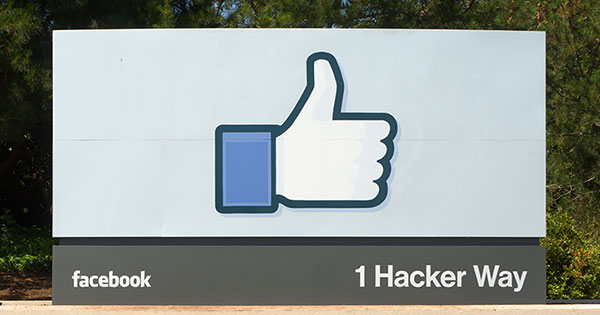
Facebook last week announced it was testing tools that will let people manage their post-breakup life on its pages.
“Today social media means that you are guaranteed to run into your ex, and he or she might very well be wrapped around a new partner,” relationship expertWendy Walsh said.
“Research has shown that those who don’t disconnect electronically have a harder time getting over a breakup,” she told TechNewsWorld.
The tools, available only on mobile devices, are being tested with some users in the United States.
Facebook will complete the U.S. rollout and begin expanding the tools to other countries early next year, company spokesperson Andrew Souvall told TechNewsWorld.
What the Tools Do
One tool lets users restrict how much they see former significant others on Facebook.
Another ensures that an ex’s posts won’t show up in a user’s news need and Facebook prompts won’t suggest that person’s name when others write messages or tag friends in photos.
A third tool restricts the photos, videos or status updates a user’s ex-partner will see.
A fourth tool lets users edit who can see past posts with their former partners and untag themselves from joint posts with ex-partners.
Facebook will tweak the tools based on user feedback.
Use of the tools will be optional. People will be able to access them in Facebook’s help center after they’re rolled out.
It’s All Good
“I think [the tools] will most certainly help, in that they give people a chance to take proper means to protect themselves from undue pain through properly managing their connection with their partner,” said Kevin Kurgansky, who calls himself The Breakup Doctor.
However, the tools won’t alleviate all the pain; they will “simply help people better manage,” he told TechNewsWorld.
While it’s possible to unfollow an ex-partner, “as long as you can still search [them] out by name, it creates a hugely irresistible addiction to follow people, keep tabs on them and what they’re doing, so the obsessive quality will still be present,” Kurgansky noted. The tools just restrict the opportunity to do so.
Not only is it easy to obsess over former partners on Facebook, “people can often use Facebook to antagonize their ex by posting updates and pictures that aren’t a true reflection of what’s really going on in their life,” Laura Yates, a relationship and dating coach, pointed out.
Most people “will generally respond favorably” to the tools, “but I don’t think it eliminates the tendency to still keep checking their ex’s Facebook profile page in their weaker moments,” she told TechNewsWorld.
Strange Things About Breakups
The ability to edit what appears on social media isn’t new. Google Photos last month introduced a feature that lets users selectively hide photos, and Facebook introduced a capability that lets users hide people in its “On This Day” tool. The Facebook app also has a small button that lets users hide posts and do other things.
Other companies aim to take the sting out of ending a relationship. The Breakup Shop charges US$10 to send a breakup a text message and $30 for a customized breakup letter.
People trying to get over a breakup can join Exaholics, an anonymous recovery program that works rather like an electronic version of Alcoholics Anonymous, down to members having to acknowledge they’re exaholics and offering a 12-step recovery program.
Still, after a breakup, people should “take their focus away from Facebook completely,” relationship coach Yates advises, “and bring that back to themselves in the real world.”
[“source-technewsworld”]













